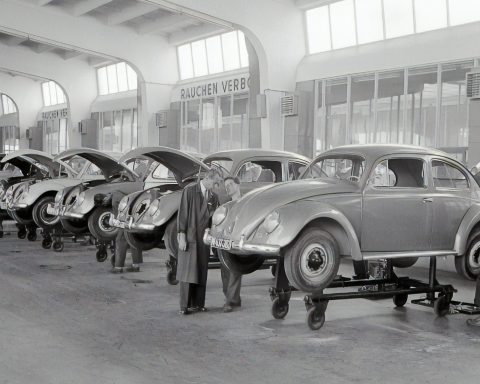
Integrated care boards today are following in the footsteps of clinical commissioning groups in advising patients to ‘Choose well’ when they feel in need of health care from the NHS. What does this mean for the role of GPs?
The Oxford Handbook of General Practice (2020 edition) says: ‘GPs form the ‘front-line’ of the NHS … providing primary medical care and acting as ‘navigators’ to the rest of the health/social care system’.1 And indeed, if we look at a selection of surgery websites we see it is widely understood that patients view GPs as their first port of call when they have a healthcare issue.
But today integrated care board (ICB) websites and NHS leaflets are insistently claiming that it’s the public’s responsibility to ‘Choose well’ if they are feeling in need of medical help. As Cornwall’s ICB (for example) says: We have put together this ‘choose well’ guide for you to see what choices you have: each option provides practical advice for you.2
The choices include: ‘Self-care at home / Visit your pharmacy / Contact your GP Surgery / Use NHS 111 / Minor injury unit and Urgent treatment centre / Emergency Department and 999’.
So, as the ‘choose well’ guide tells us, they have to judge whether a condition is ‘serious’, a fall is ‘minor’, an emergency is ‘real’, an injury ‘non life-threatening’, and care is needed ‘urgently’.
The message is very clear. It is the patient’s responsibility to make the choice. So, as the ‘choose well’ guide tells us, they have to judge whether a condition is ‘serious’, a fall is ‘minor’, an emergency is ‘real’, an injury ‘non life-threatening’, and care is needed ‘urgently’. Having to shoulder this responsibility can be hugely stressful, especially for patients who are already fearful, or who are calling out of concern for a child or elderly relative. Patients need help with navigating the health/social care system as never before.
GPs who have worked through the COVID-19 pandemic will know about ‘happy hypoxia’, where patients feel fine although oxygen levels in their blood are dangerously low. By the time they start to experience breathlessness or other signs of danger, damage to their lungs or other organs may already have started. To suggest that those patients themselves are capable of judging whether their condition is ‘serious’ is frankly irresponsible.3 It may not be a coincidence that, as the Oxford Handbook of General Practice notes, ‘Pulmonary Embolism is listed as a cause of death on 12,000-13,000 death certificates every year in the UK’.4
The GP is the provider: the patient is the customer. Having to ‘choose well’ is like being told to shop around when there are long queues at certain shops.
The Cornwall website continues:
‘Your local GP practice provides a wide range of health services, including medical advice, vaccinations, examinations and treatment, prescriptions for medicines, referrals to other health services and social services.’
This sounds like a front-line role for GPs, but observe the website’s language. It is transactional, the language of the market. The GP is the provider: the patient is the customer. Having to ‘choose well’ is like being told to shop around when there are long queues at certain shops. What is missing in the ICB’s approach is any understanding of the traditional relationship between GPs and their patients, in which the GP cares for their patient and the patient trusts their GP. To sustain and rebuild those relationships GPs must rediscover their traditional role of helping patients to navigate the NHS system.
The point when patients need this help is when they first approach the surgery with an ailment or question. Many GPs might find it worthwhile to take a fresh look at how they train their reception staff in call-handling. We know that some reception staff these days are telling callers that the surgery works as a multi-disciplinary team and consequently they can only be seen by a nurse or other non-GP practitioner. Just as hospital A&E departments function best with experienced clinicians taking turns at the front door, so will GPs’ surgeries.
References
- Simon C et al, Oxford Handbook of General Practice, 5th edition (2020), p.4, OUP, Oxford
- Cornwall and Isles of Scilly Integrated Care Board, Help us help you, 2023. https://cios.icb.nhs.uk/help-us/
- Bepouka B, Odio O, Mayasi N, Longokolo M, Mangala D, Mandina M, Mbula M, Kayembe JM, Situakibanza H. Prevalence and Outcomes of COVID -19 Patients with Happy Hypoxia: A Systematic Review. Infect Drug Resist. 2022 Sep 22;15:5619-5628. doi: 10.2147/IDR.S378060. PMID: 36172621; PMCID: PMC9512283.
- Simon C et al, Oxford Handbook of General Practice, 5th edition (2020), p.1070, OUP, Oxford
Featured photo by Burkhard Kaufhold on Unsplash









[…] https://bjgplife.com/choose-well-is-not-good-advice-to-people-in-need-of-nhs-care/ […]